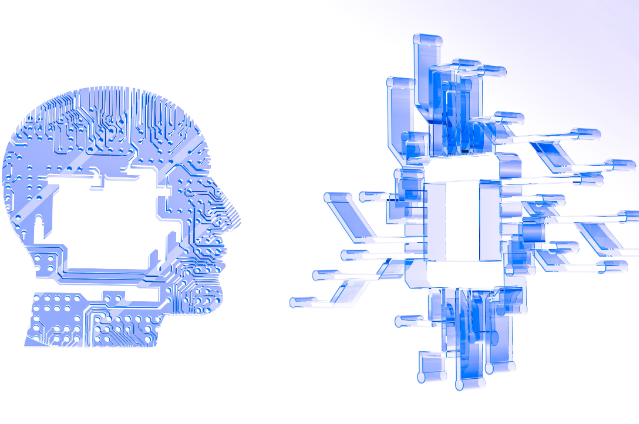
Photo by Steve Johnson on Unsplash
Introduction
The rapid advancement of technology has ushered in a new era where Artificial Intelligence (AI) plays a central role. AI has the potential to transform virtually every aspect of our lives, from healthcare and education to transportation and entertainment. As we look ahead, it becomes increasingly evident that AI is set to reshape the world in ways we could have only imagined a few decades ago. In this article, we'll delve into the possibilities and challenges of the future with Artificial Intelligence.
AI in Healthcare
One of the most promising applications of AI lies in healthcare. AI-driven diagnostic tools, powered by machine learning algorithms, can analyze medical data with unprecedented accuracy. This could lead to earlier disease detection, more personalized treatment plans, and improved patient outcomes. Additionally, robots equipped with AI are being developed to assist with surgeries, making procedures safer and more efficient.Education and AIAI is poised to revolutionize education by providing personalized learning experiences. Intelligent tutoring systems can adapt to each student's pace and learning style, ensuring that no one is left behind. Moreover, AI can automate administrative tasks, allowing educators to focus on teaching. Virtual reality and AI can create immersive educational simulations, making learning more engaging and interactive.
Transportation and Autonomous Vehicles
The future of transportation is autonomous. Self-driving cars and trucks, powered by AI, promise safer and more efficient journeys. These vehicles can communicate with each other to avoid accidents and optimize traffic flow. Public transportation will also benefit from AI, with predictive maintenance systems ensuring trains and buses are always in top condition.
AI and the Job Market
The rise of AI has led to concerns about job displacement. While some routine tasks may become automated, AI will also create new job opportunities. AI engineers, data scientists, and AI ethicists will be in high demand. The challenge lies in preparing the workforce for these emerging roles through education and retraining programs.
AI and Ethical Considerations
The future with AI brings ethical dilemmas. AI algorithms can reinforce biases present in the data they are trained on, leading to discriminatory outcomes. Privacy concerns arise as AI systems collect and analyze vast amounts of personal data. Striking a balance between technological progress and ethical considerations will be crucial in shaping the future.
AI and Creativity
AI is not limited to data analysis; it can also be creative. Generative AI models can compose music, write poetry, and even create art. This blurs the lines between human and machine creativity, raising questions about the nature of art and the role of the artist in a world infused with AI-generated content.
AI in Environmental Conservation
AI can play a pivotal role in preserving our planet. Machine learning algorithms can analyze environmental data to predict climate change patterns and facilitate more effective conservation efforts. Robotics equipped with AI can assist in monitoring and protecting endangered species.ConclusionThe future with Artificial Intelligence is a world full of possibilities and challenges. While AI has the potential to revolutionize various industries and improve our quality of life, it also raises concerns about ethics, privacy, and the impact on the job market. To fully harness the benefits of AI, it's crucial that we navigate these challenges with a responsible and ethical approach. The future with AI is undeniably exciting, and it's up to us to shape it in a way that benefits society as a whole.
